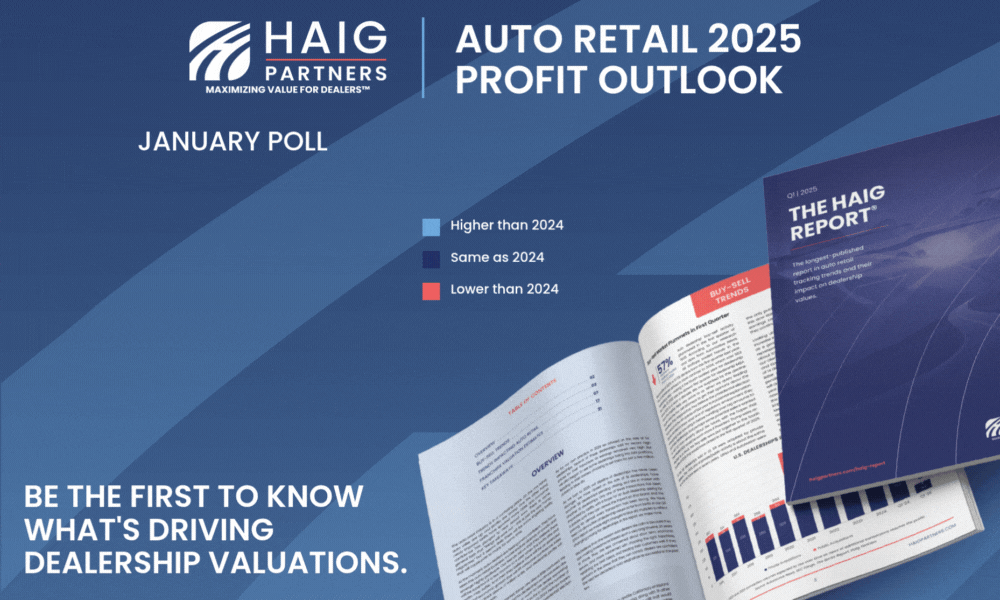Governor Gavin Newsom has signed a bill aimed at providing more protection for California car buyers, one that’s expected to have a profound impact on auto retail across the state.
The details: The legislation, known as the California Combating Auto Retail Scams (CARS) Act, is one of several new measures enacted by Newsom on Monday focused on reducing living costs for families. The law sets stricter standards for both new and used car sales.
Dealers are prohibited from misrepresenting key facts about a vehicle sale, lease, or financing, and must ensure that any ad or quote clearly displays the total vehicle price.
The law restricts dealers from charging for add-ons that don’t benefit buyers, and requires dealers to inform customers that add-ons such as GAP insurance or service contracts are optional.
Customers now have 10 days to pay dealers for any add-on product or service—whereas previously, dealers would collect payment for those products at the time of sale.
The CARS Act also includes a three-day return rule allowing buyers to return a used vehicle costing under $50,000, provided the car isn’t damaged and hasn’t been driven more than 400 miles.
CARS, which goes into effect October 1, 2026, also includes compliance measures, requiring dealers to retain advertisements, contracts, add-on records, and cancellation documentation for two years.
What they’re saying: “Some of the behavior and standard business practice in the car sales world I found very dispiriting and distasteful,” said Sen. Ben Allen, D-Santa Monica (via Yahoo Autos). “I wanted to make the car buying experience for regular folks better.”

Sen. Ben Allen, D-Santa Monica
Why it matters: The CARS Act represents one of the most sweeping consumer-protection laws to affect California auto retail in decades—potentially reshaping nearly every aspect of dealership operations in one of the world’s largest car markets.

OUTSMART THE CAR MARKET IN 5 MINUTES A WEEK
No-BS insights, built for car dealers. Free, fast, and trusted by 55,000+ car dealers.
Between the lines: The legislation follows a year of heightened scrutiny around auto retail practices in California, after reports surfaced that lawmakers were working behind closed doors with lobbyists to weaken the state’s lemon law amid a surge in lawsuits.
Lemon law filings in California rose from nearly 15,000 in 2022 to more than 22,000 in 2023, according to CalMatters.
In Los Angeles County, one of the largest markets globally for new and used vehicle sales, nearly 10% of all civil filings in 2024 were lemon law cases.
Bottom line: The CARS Act marks a major cultural shift for California auto retail—away from aggressive, opaque sales tactics and toward transparency and consumer trust. Dealers have roughly a year to prepare, including upgrading systems to handle documentation, compliance tracking, and refund management.
A quick word from our partner
Want insider knowledge on today’s auto retail trends?
The Haig Report® is the industry’s longest-published, most-trusted quarterly resource on dealership values. Since 2014, it has delivered insights on performance, market shifts, and franchise desirability—helping leaders spot opportunities and risks.
Each edition includes exclusive insights on valuation trends, brand outlooks, and blue sky values.
Looking to grow your portfolio or explore investments? Join our exclusive buyer and investor database at haigpartners.com/buyerdatabase.












